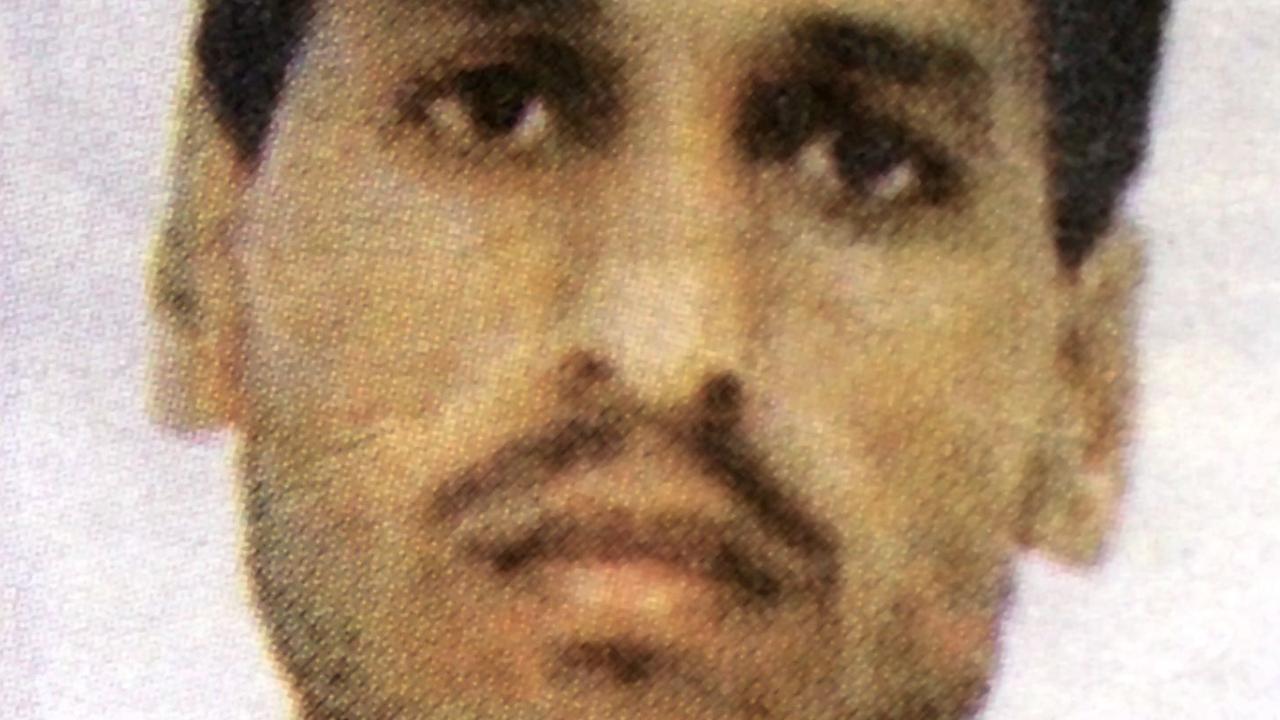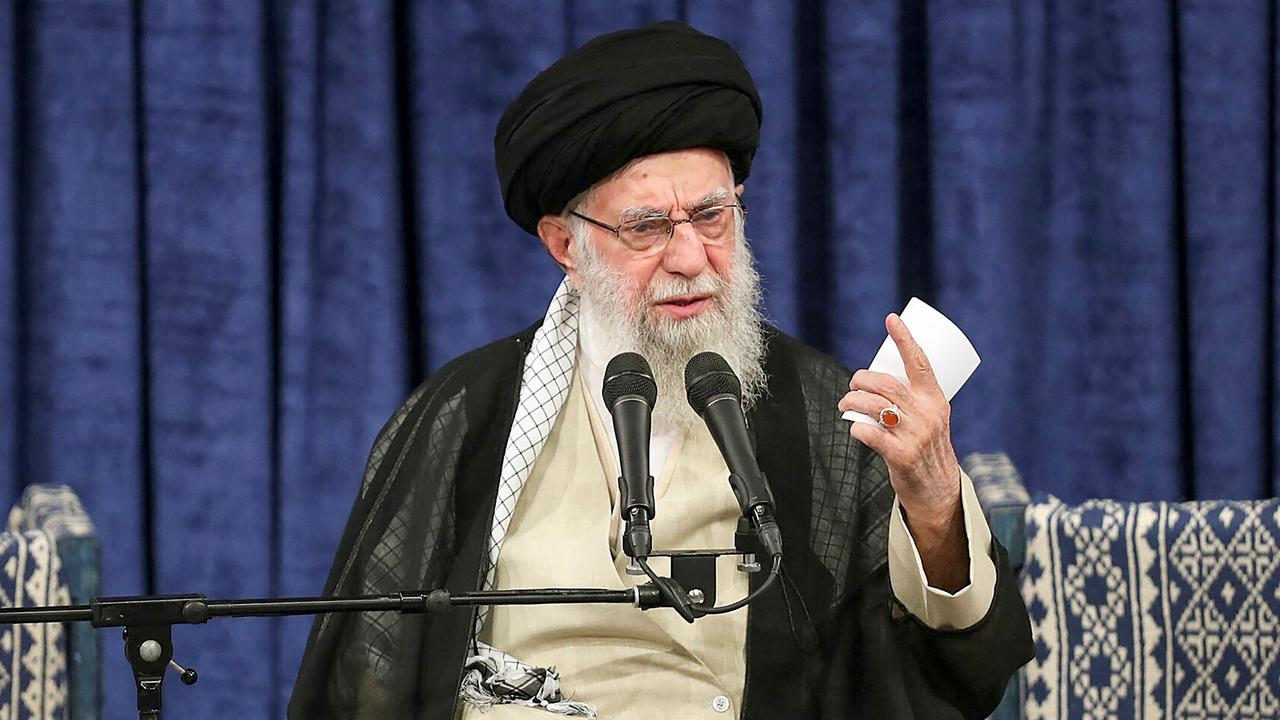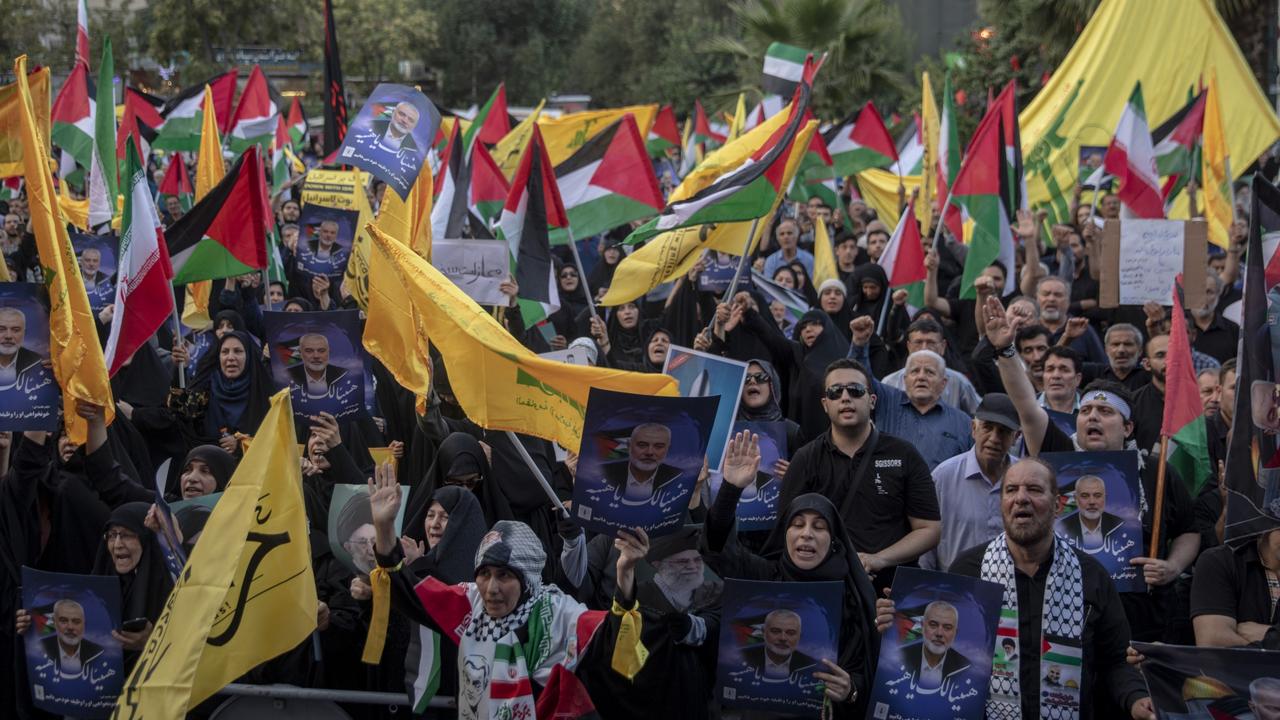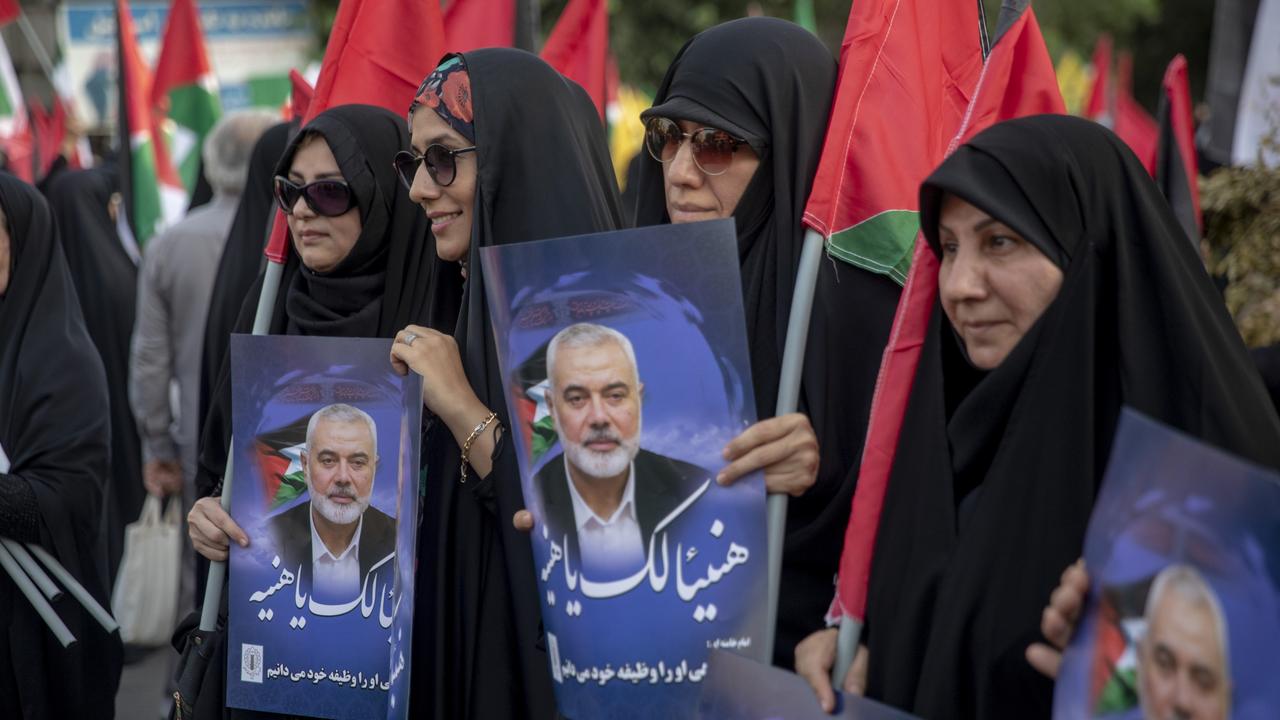
This article is more than
1 year oldThe Israeli military on Thursday announced that Hamas military chief Mohammed Deif had been killed in a strike it carried out last month in Gaza’s southern area of Khan Yunis.
The military’s confirmation it had killed Deif comes a day after the killing of Hamas chief Ismail Haniyeh in Tehran, which was announced by Iranian Revolutionary Guards and Hamas.
“The IDF (Israeli army) announces that on July 13th, 2024, IDF fighter jets struck in the area of Khan Yunis, and following an intelligence assessment, it can be confirmed that Mohammed Deif was eliminated in the strike,” a military statement said.
“Deif initiated, planned, and executed the October 7th massacre,” the military said of the Hamas attack on southern Israel that resulted in the death of 1,197 people, according to an AFP tally based on official Israeli figures.

Health authorities in Hamas-run Gaza said at the time of the July 13 strike that it killed more than 90 people but Hamas denied Deif was among them.
The suspected 2,000-pound bomb (900 kilogrammes0 around the house where Deif was said to have taken refuge with one of his deputies had left a giant crater.
The head of the Ezzedine al-Qassam Brigades, Hamas’s armed wing, Deif had been among Israel’s most wanted man for nearly three decades and on a US list of “international terrorists” since 2015.
The military said Deif had over the years carried out several attacks against Israel.
Deif operated along with Yahya Sinwar, the head of Hamas in Gaza, the military said.“During the war, he commanded Hamas’s terrorist activity in the Gaza Strip by issuing commands and instructions to senior members of Hamas’s military wing,” it added.
During the Hamas attack militants also seized 251 people, 111 are still held captive in Gaza, including 39 the military says are dead.
Israel’s retaliatory military campaign since then has killed 39,480 people, according to the health ministry in Hamas-run Gaza, which does not provide details of civilian and militant deaths.
Iran’s chilling order after two leaders killed
This comes after Iran’s supreme leader reportedly issued an order to strike Israel directly in retaliation for the deaths of Hamas’ leader and a top Hezbollah commander in the space of just 24 hours.
Hamas leader Ismail Haniyeh and his bodyguard were killed in Tehran, the capital of Iran, on Wednesday.
The New York Times reports Iran’s supreme leader Ayatollah Ali Khamenei ordered the strike on Israel at an emergency meeting of Iran’s Supreme National Security Council, citing three Iranian officials who remained anonymous because they were not authorised to speak publicly.
After Haniyeh’s death, Khamenei said it was the country’s “duty to seek revenge for his blood” as he was killed there.
“You killed our dear guest in our house and now have paved the way for your harsh punishment,” he said in a statement.

Newly-elected Iranian President Masoud Pezeshkian said Israel “will soon see the consequences of their cowardly and terrorist act”.
Hamas political bureau member Musa Abu Marzuk also called the killing “cowardly act” and said it “will not go unanswered”.
Israel has declined to comment on Haniyeh’s death.
It did, however, claim the killing of top Hezbollah commander Fuad Shukr in the Lebanese capital Beirut — just hours after the Hamas chief was killed.
Israel had blamed Shukr for a deadly weekend rocket strike on the Israeli-annexed Golan Heights, which killed children — a charge Hezbollah denies.
These twin assassinations in Beirut and Tehran have eliminated two of the most senior figures amongst Israel’s immediate enemies.

Aussies urged to get out of Lebanon
The Australian government has issued urgent pleas to Australians in Lebanon, warning that if they do not leave immediately they may be trapped there if war breaks out between Israel and Lebanese militant group Hezbollah.
Prime Minister Anthony Albanese said flights to and from Lebanon’s capital Beirut could stop at any time and there was “no guarantee” people would be able to leave through “other means”.
“There is a risk that the Beirut airport might not be open for commercial flights and given the numbers of people that are there, there is no guarantee that people will be able to come home through other means if that airport is shut,” he said.
“We say to people, listen to the warnings which are there.
“Over recent months we have seen people continue to go and travel to the region and we have made very clear our warnings about that.”

Truce talks threatened
From the early hours of Wednesday, crowds took to the streets in cities across Iran and the Middle East to condemn Haniyeh’s killing, with hundreds gathering in Tehran’s Palestine Square to chant “Death to Israel, Death to America”.
The Islamic republic has not yet published any information on the exact location of the strike.
Iran held funeral processions on Thursday for Haniyeh with mourning crowds carrying posters of Haniyeh and Palestinian flags gathering at Tehran University.
The killings of Haniyeh and Shukr come with regional tensions already inflamed by the war in Gaza, a conflict that has drawn in Iran-backed militant groups in Syria, Lebanon, Iraq and Yemen.

Hamas has for months been indirectly negotiating a truce and hostage-prisoner exchange deal with Israel, with Egypt, Qatar and the United States facilitating the talks.
Analysts told AFP that Haniyeh was a moderating influence within the Islamist group, and that while he would be replaced, the dynamics within Hamas could change.
Israeli Prime Minister Benjamin Netanyahu has vowed to destroy Hamas in retaliation for the October 7 attack that ignited war in Gaza.
The prime minister of key ceasefire broker Qatar said Haniyeh’s killing had thrown the whole mediation process into doubt.
“How can mediation succeed when one party assassinates the negotiator on the other side?” Sheikh Mohammed bin Abdulrahman Al-Thani said in a post on X.
– with NCA Newswire and AFP